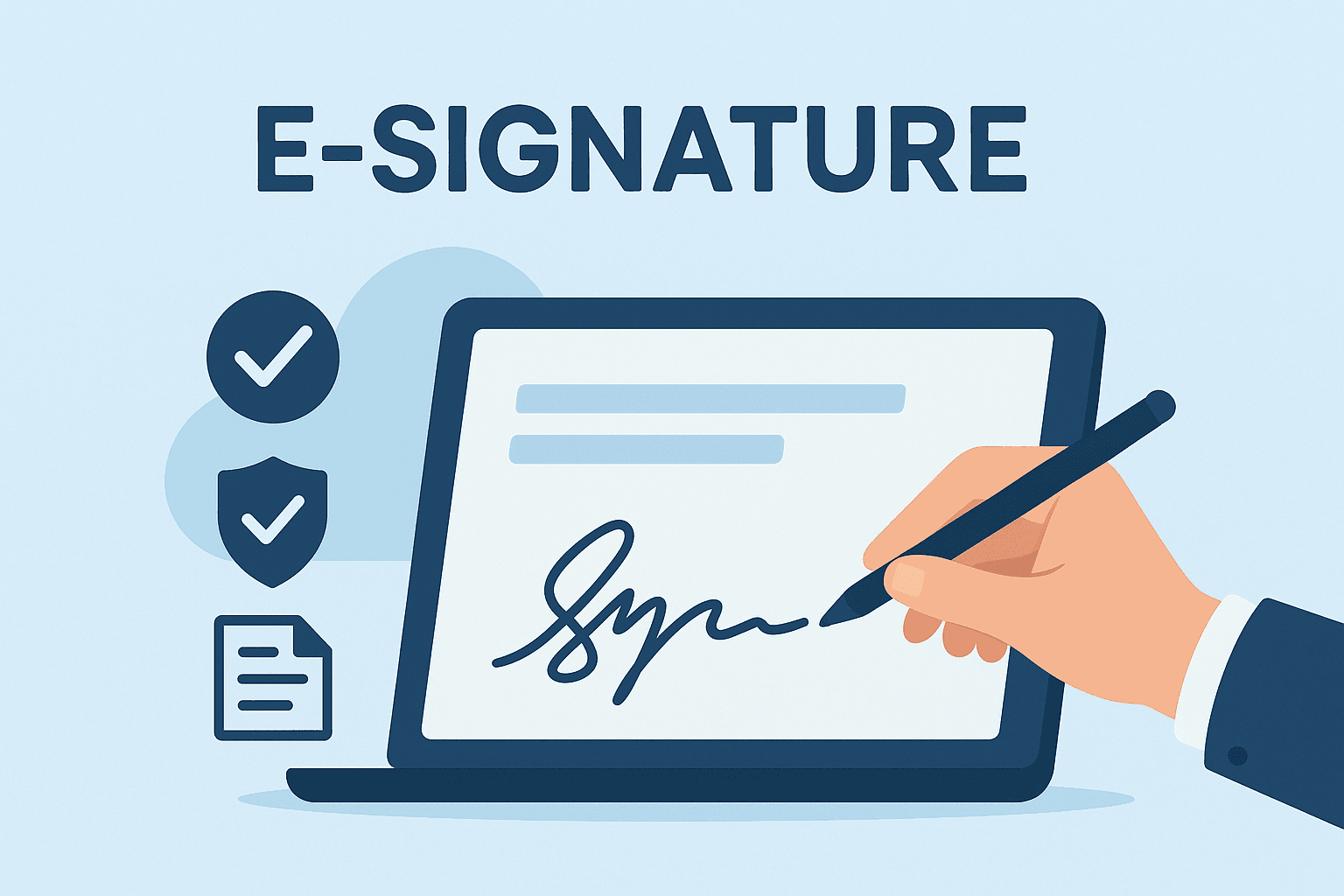How to get DSC for NRI in India?





How to Get DSC for NRI in India?
In today’s fast-paced digital world, secure and legally recognized online transactions are a top priority for businesses and individuals alike. For Non-Resident Indians (NRIs), securing a Digital Signature Certificate (DSC) is essential when dealing with Indian regulatory authorities, filing returns, or setting up businesses remotely. If you’re an NRI wondering how to obtain a DSC in India while complying with local legal terminology and standards, this comprehensive guide is your ideal starting point.
What Is a Digital Signature Certificate (DSC)?
A Digital Signature Certificate is the digital equivalent of a physical signature and is issued by Certifying Authorities (CAs) under the Information Technology Act, 2000 in India. It serves to authenticate the identity of the individual and ensures that the data sent digitally is secure and untampered.
For NRIs, the DSC is mandatory in several scenarios, including:
- Filing Income Tax returns in India.
- Signing documents related to company incorporation.
- Participating in Indian tenders and e-procurement.
- Registering under GST remotely.
Categories of DSC for NRIs
The three prevalent classes of DSCs in India—Class 1, Class 2, and Class 3—have now been streamlined into Class 3 DSC, following the directive from the Controller of Certifying Authorities (CCA). NRIs generally require a Class 3 DSC for any business or official communication with Indian government portals. Here’s why:
- It offers the highest level of assurance.
- Mandated for digital document signing on Ministry of Corporate Affairs (MCA), GST, and eTender portals.
- Compatible with globally accepted encryption levels and e-authentication frameworks.

Step-by-Step Process to Get DSC for NRI in India
Although the process is similar to that for Indian residents, NRIs must undergo additional verification steps to comply with Indian and international legal norms. The CCA has laid down detailed stipulations related to identity verification, notarization, and attestation.
Step 1: Choose an Authorized Certifying Authority (CA)
The first step is selecting a licensed Certifying Authority in India, such as eMudhra, Sify, or Capricorn. Alternatively, trusted digital signature providers like eSignGlobal facilitate a seamless and compliant application process specifically tailored for NRIs.
When selecting a CA, check:
- Whether they support NRI applications.
- If the DSC issued is accepted on government portals such as MCA21, GSTN, and TRACES.
- The ease of remote application and support in your region.
Step 2: Submit Required Documents
NRIs are required to submit the following documents with international notarization and/or apostille, depending on the residing country:
- Completed DSC Application Form (prescribed by the CA).
- Address Proof: Passport, OCI Card, Bank Statement, or Utility Bill.
- Identity Proof: Passport, PAN Card.
- Recent Passport-size Photograph.
- Attestation: Documents must be attested by the Indian Embassy, Apostille (for Hague Convention countries), or a Public Notary.
Note that failing to submit documents in the prescribed format can lead to rejection under Section 3 of the IT Act, 2000.

Step 3: Complete Video/Remote Verification
To prevent forged identities, Indian law mandates that all DSC applicants undergo a video verification process as per the guidelines by the Certification Practice Statement (CPS).
What does this mean for NRIs?
- You will be required to record a short video while holding your original documents and stating your name and purpose for applying the DSC.
- Some providers offer a one-on-one video call through secured channels.
This step is critical as per Rule 6 of the Information Technology (Certifying Authorities) Rules, 2000.
Step 4: Pay the Fees and Await Issuance
Once your documents are approved and video verification is successful, you’ll be required to pay nominal DSC issuance fees, which vary based on provider and validity (1–3 years). After successful payment and backend processing, the digital certificate is usually issued within 24–72 hours.
Delivery of DSC Token (USB-based) to overseas address may be chargeable or needs co-ordination.
For advanced users, a paperless issuance system is also possible where the DSC is stored on a secure e-token that can be activated remotely.
Legal Considerations and Compliance for DSC Usage by NRIs
Indian laws governing DSCs for NRIs include Section 3 and Section 15 of the Information Technology Act, 2000. Non-compliance may attract penalties under Section 66D and related provisions addressing identity theft and fraud.
Key legal reminders for NRI applicants:
- The DSCs must be used solely by the authorized signatory.
- Any misuse or loss of token must be reported to the Certifying Authority immediately.
- DSCs are valid only for intended usage (e.g., can’t use a Class 3 individual DSC for organizational transactions unless explicitly permitted).

Challenges Faced by NRIs Applying for DSC - And Solutions
- Document Attestation Abroad: Traveling to the Indian Embassy or arranging for notarization might prove cumbersome. Some CAs allow email submission of notarized scanned documents.
- Token Delivery Logistics: Opt for digital USB tokens or soft tokens if delivery to remote international addresses is problematic.
- Time Zone Differences: Select providers like eSignGlobal that offer 24x7 customer support for globally situated NRIs.
Frequently Asked Questions
Q. Can I use my DSC obtained abroad for Indian filings?
No, only DSCs issued by licensed Indian Certifying Authorities are valid for use on Indian government portals.
Q. Is the DSC issued to NRIs legally admissible?
Yes. It holds the same legal status as manually signed documents under Indian law, per Section 5 of the IT Act, 2000.
Q. What if I lose my USB token?
Immediately report to the issuing CA and apply for revocation or reissuance to prevent unauthorized usage.
Alternative Options for Users in Hong Kong or Southeast Asia
If you’re based in regions such as Hong Kong or Southeast Asia and deal more with cross-border documents rather than compliance with Indian statutory requirements, opting for alternative globally-compliant electronic signature solutions like DocuSign may be worthwhile. However, for regional compliance and better integration with the Indian Government’s digital governance framework, eSignGlobal is an excellent choice.

Conclusion
Acquiring a Digital Signature Certificate as an NRI in India may initially seem daunting due to additional documentation and verification requirements. However, with the right guidance and trusted providers like eSignGlobal, the entire process can be carried out smoothly and fully compliant with Indian legal and procedural frameworks. With a DSC in hand, NRIs can securely engage in digital transactions, business filings, and investment activities in India with confidence.
Whether you’re an investor, entrepreneur, or someone staying compliant with Indian tax structures, obtaining a DSC tailored to your residency status is a key digital step forward.

 Only business email allowed
Only business email allowed


